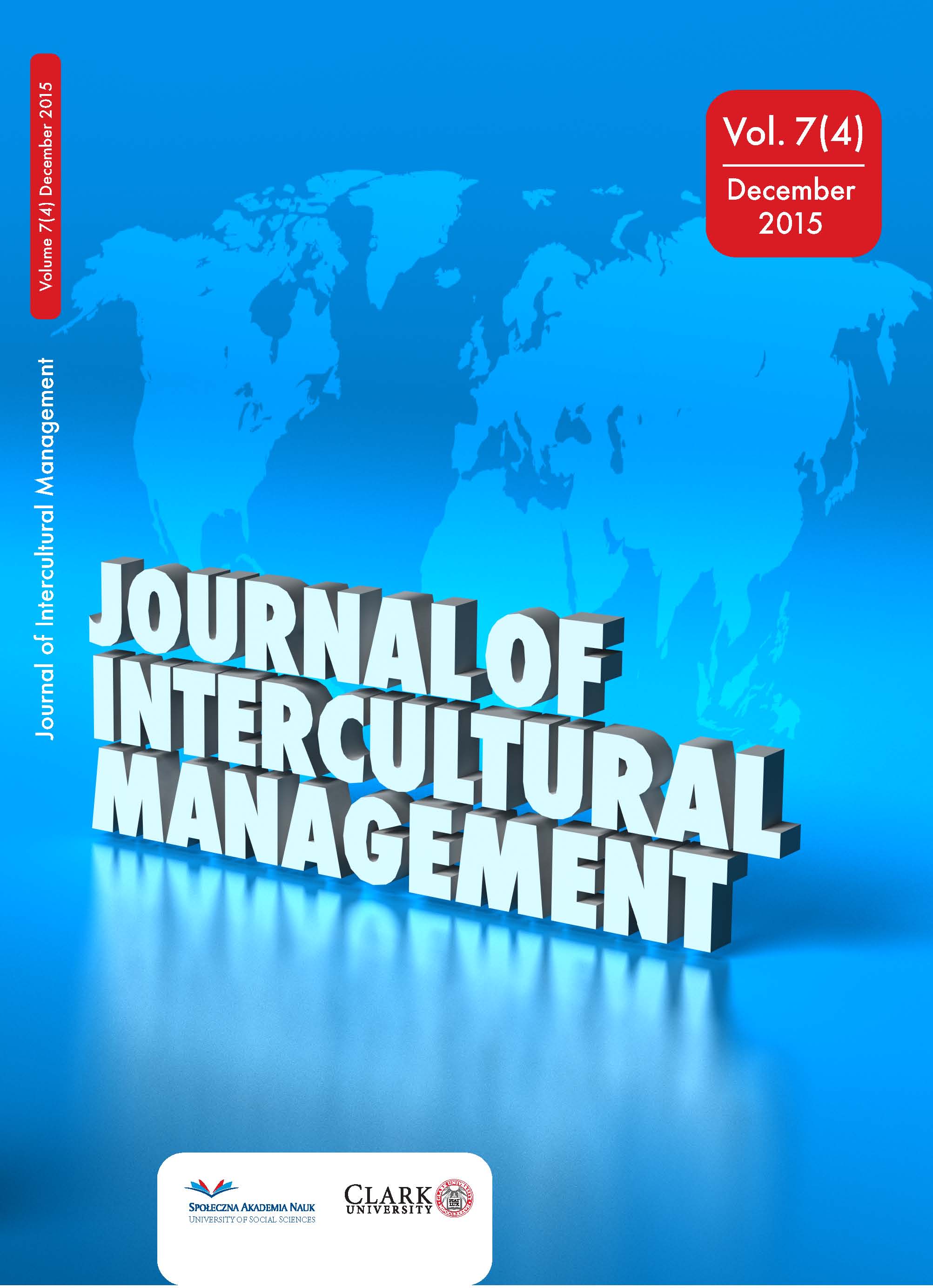Expected Leadership Competences in the Labour Market in Alumni’s Career Paths. A Study in Poland and Other Cee Countries
Expected Leadership Competences in the Labour Market in Alumni’s Career Paths. A Study in Poland and Other Cee Countries
Author(s): Łukasz Haromszeki, Piotr JarcoSubject(s): Business Economy / Management
Published by: Społeczna Akademia Nauk
Keywords: leadership; competences; alumni; labor market; CEE countries
Summary/Abstract: The authors indicate the role of leadership competences as a factor which is a response to the expectations of the labor market. In this presentation, leadership competences are treated as a system of skills existing among leadership relationships. The research of curricula in the best business schools around the world sees leadership as a dynamic, interdisciplinary approach to shaping the organizational reality and they treat this as the main goal of education. Experiences of business schools confirm that leadership skills could only be learnt in a practical approach to teaching, including workshops, simulations, work samples etc. The differences between teaching and market expectations on chosen positions, also in analyzed aspect, called the competence gap, have been studied for the last few years (2007-2013) and co-financed by the UE in the Human Capital Operational Program. After the completion of these projects we have to assume, that we still don’t have explicit or complete information about unadjustedness of skills to expectations of positions in chosen trades. The chance of precise identification and defining existing competence gaps is conducting studies of alumni career paths, who in their assessment collate possibilities of learning in business schools with the expectations of employers. Hence in the further part of this article we present the opinions of business school’s alumni about competence adjustedness in the domain of leadership skills. The last part of this article is an analysis of similarities and differences between the results of studies conducted in Poland and other CEE countries.
Journal: Journal of Intercultural Management
- Issue Year: 7/2015
- Issue No: 4
- Page Range: 35-53
- Page Count: 19
- Language: English

